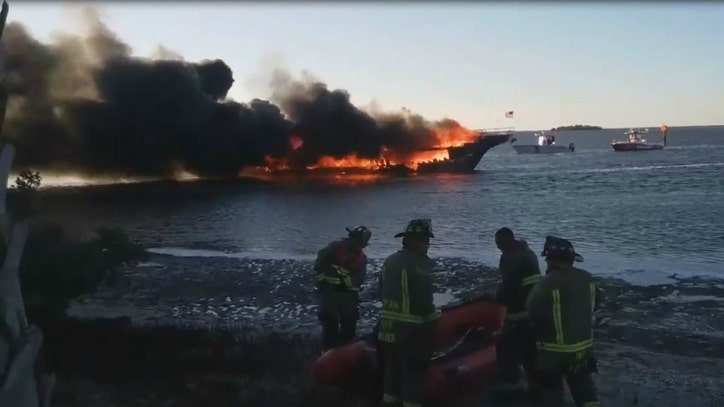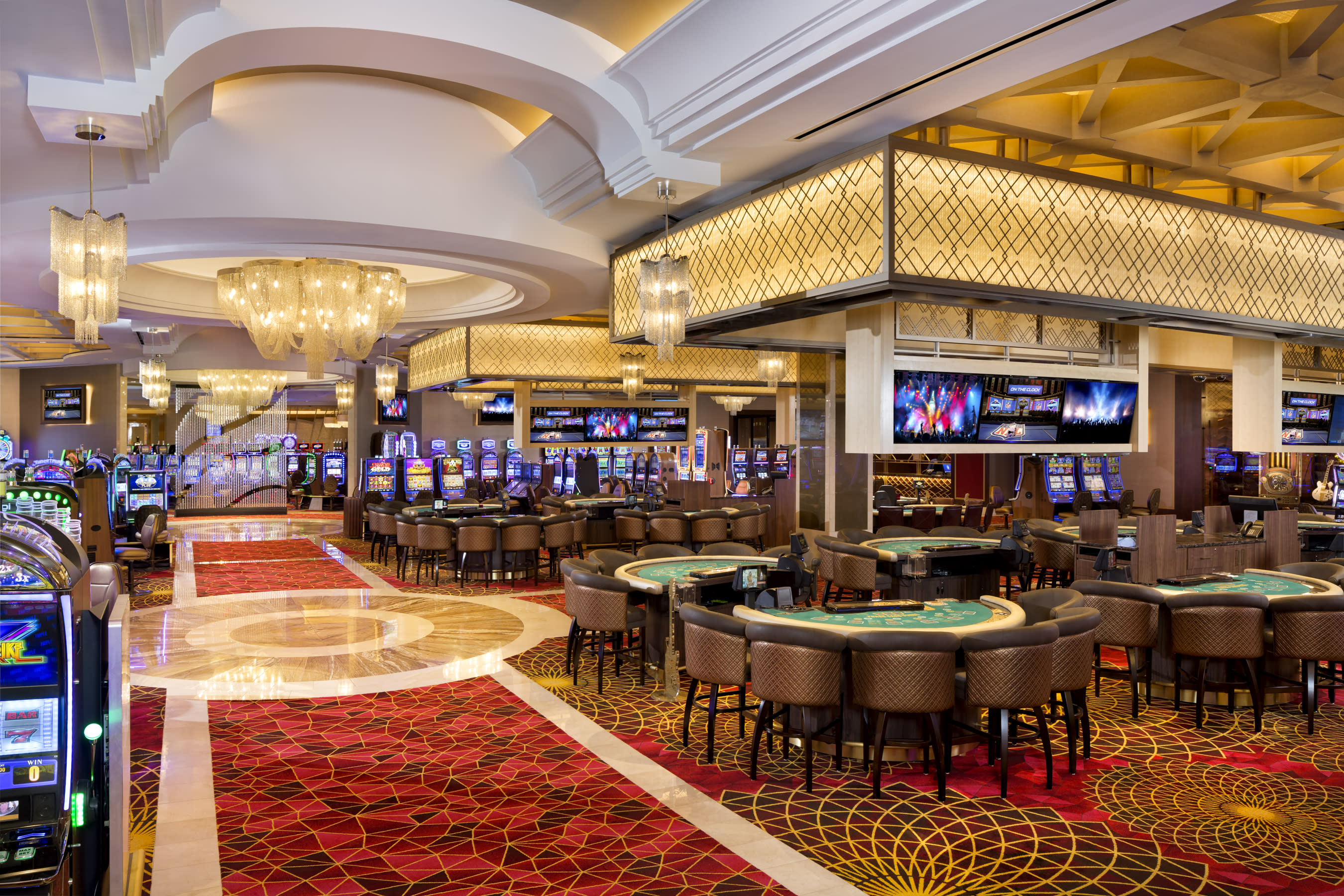Prohibition Years
Casino Cruise Ships combine a short ocean cruise with the opportunity to gamble at sea. The ships take take a six hour cruise into international waters where gambling is legal. The casinos are similar to land based casinos with slots, poker, and all the popular table games including craps and roulette. Explore one of Florida's most picturesque harbors on this Tampa history cruise that transports travelers back in time across stunning blue waters. See the real-life pirate ship known as Gabriella up close and take in views of million-dollar homes, popular museums, and the famous 'Plant Hotel' as you listen to expert commentary about the city's.
For the 16 years that followed the 1919 Prohibition Act, widespread non-compliance of federal and state prohibition laws made Tampa one of the 'wettest' spots in the United States. In fact, in 1930 there were reportedly 130 different retailers surreptitiously selling a wide variety of intoxicating beverages. In Tampa, prohibition was a miserable failure. Besides raising the price of liquor and lowering its quality, the 'Noble Experiment' exacerbated Tampa's wide-open moral conditions, corrupted law enforcement and other public officials, and fostered the growth of an emerging criminal element.
During the 1920s and early 1930s, Tampa received most of its illicit liquor from three sources: local bootleggers, rural moonshiners, and international smugglers.
The art of moonshining was practiced long before the advent of Prohibition. For generations, federal tax collectors scoured the outskirts of Tampa looking for tax-evading moonshiners. Until 1920, the illegal production of alcohol was a small and relatively insignificant business. It was primarily produced for home consumption or sold to neighbors. With the passage of the 18th Amendment, however, the production of moonshine grew into a large, commercial enterprise in the rural districts of Hillsborough and other surrounding counties.
Although the rural areas surrounding Tampa contained an untold number of stills, the 'Daddy' of the early moonshiners was a colorful character named William Flynn. A cooper prior to the 18th Amendment, by 1920 he had an impressive three-still operation that supplied much of West Tampa. Unfortunately for local retailers, this moonshining entrepreneur soon experienced some bad luck. On October 14, 1920, federal agents raided his business and destroyed the stills. Within days, however, other opportunistic 'shiners' filled the void created by Flynn’s arrest.
The alcohol supplied by rural moonshiners was a cheap alternative to homemade wine or expensive liquor. Yet there was a potential risk for individuals who consumed this backwoods 'shine.' Every year during Prohibition poorly prepared moonshine killed or made seriously ill hundreds of customers. All too often small operators, with little knowledge of the distilling process, allowed poisonous leads and salts to seep into the mixture. Moonshine found a receptive market in Tampa’s more notorious speakeasies, but most people preferred high quality imported liquor.
Because of its geographical location and numerous inlets and coves, Tampa became a haven for smugglers during the Prohibition era. For 16 years scores of 'black ships' operated off the coast of Tampa Bay bringing in unlawful liquor. Skillful sea captains, financed by both legitimate business concerns and criminal organizations, risked possible arrest and the impounding of their vessels for high profit yields. The main source of Tampa’s liquor supply came from Cuba and especially the Bahamas.
Few of these rumrunners and their bootlegging allies ever spent time in prison for violating federal and state prohibition statutes. Although the Tampa Daily Times and Tampa Tribune were filled with stories about spectacular liquor raids and well-publicized trials, the lucrative rum trade operated with impunity in Tampa. Public hostility to the Volstead Act, widespread community involvement in the smuggling business, and most importantly, blatantly corrupt city and county officials, made Tampa one of the 'leakiest' cities in the United States.
The official police records during the prohibition era were deceptive. First, many of those arrested were habitual offenders. The prospect of arrest did not intimidate the city’s liquor violators because municipal judges rarely imposed more than token fines. Liquor dealers were fined on a regular basis and many were arrested twice or more within a week’s time. According to one policeman, 'bootleggers made no bones of their business, smiled when arrested, paid up immediately, and continued to defy authorities.” To many bootleggers, getting arrested was merely a slight inconvenience and a minor occupational hazard. Secondly, many of those arrested selling alcohol gave false identities or distorted their names beyond recognition. Finally, the corrupt elements in the department often warned the city's underworld of impending raids. In order to appease the community's prohibitionists, police periodically swept through Ybor City and Tampa and temporarily closed several speakeasies and coffee houses. Forewarned, the establishments scheduled to be raided secreted their high quality liquor and left only a case or two of cheap moonshine in plain view for Tampa's vice squad detectives to confiscate. Following a perfunctory hearing before a sympathetic municipal magistrate, victims of these rehearsed raids usually resumed their illicit businesses within hours.
Bootlegger Italians
Casino Boat In Tampa Florida
The local bootleggers were predominantly Italian immigrants who engaged in the trade to supplement their meager salaries. According to Gary Mormino and George Pozzetta in their book, The Immigrant World of Ybor City,
'The potentially large profits to be made, the nearly unlimited demand for and the acceptance of the illegal sale of alcohol by the public, and the Italian talent at manufacturing, supplying, and marketing... brought together economic opportunity and immigrant resolution.'
Throughout the Treasure City enterprising Italians built crude but efficient stills that produced a variety of potent potables. This cottage industry that employed perhaps as many as 50 percent of Ybor City's families, supplied an eager and appreciative market. In fact, scores of restaurants, coffee houses, and speakeasies served as outlets for this local 'alky cooked' liquor.
Prohibition brought tremendous sums of money into Tampa's Italian community, raising the socio-economic status of those engaged in the illegal trade. The 'Noble Experiment' was also important because it brought Italian-Americans into Tampa's criminal underworld. Prior to the passage of the Eighteenth Amendment, organized crime was the near-exclusive domain of the city's Cubans and Spaniards. They controlled all major forms of vice, including the lucrative bolita industry--the Cuban numbers. Brought to Ybor City in the 1880s, this popular form of gambling began as a small sideline business found in Latin saloons. It soon became the single largest illegal money-making enterprise in Tampa’s history.
Gambling Boat Tampa Fl
The below schedule and dining options have been temporarily suspended.
Our buffet service has been temporarily suspended and only à la carte service will be available.
À la carte must be purchased on the ship.
We are voluntarily closing on Mondays and Tuesdays, on a temporary basis,
in order to provide ample opportunity for additional deep cleaning of all Victory facilities.
The departing and arrival times, listed below, for Wednesday thru Sunday cruises remains the same.
Victory I Cruise Schedule: Boarding is one hour prior to departure | ||
| Departs | Returns | |
| Monday thru Saturday AM Cruises | 11 AM | 4:15 PM* |
| Sunday thru Thursday PM Cruises | 7 PM | 12:30 AM* |
| Friday PM Cruise | 7 PM | 1 AM* |
| Saturday PM Cruise | 7 PM | 1 AM* |
| Sunday Day Cruise | Noon | 6 PM* |
| *All return times are approximate. | ||
Victory I Pricing Per Person For Cruise (Includes Port Fee/Parking/Federal Tax) | |||
| Boarding | Advance Dining | Dining Purchase On Ship | |
| Monday thru Saturday AM Cruises | $13 | $15 | $17.50 |
| Sunday thru Tuesday PM Cruises | $13 | À La Carte Menu Available Only | |
| Wednesday and Thursday PM Cruises | $13 | $15 | $17.50 |
| Friday and Saturday PM Cruises | $13 | $20 | $22.50 |
| Sunday Noon Cruise | $13 | $20 | $22.50 |
| Buffet may have special pricing on holidays and special events. Atlantic Café is available on the Sunday Noon cruise, Monday AM cruise, Tuesday AM cruise and Wednesday through Saturday AM & PM cruises. Buffet is not available on the Sunday, Monday and Tuesday PM cruises. À la Carte menu is available, for your dining needs, on Deck 1 everyday. | |||
Minimum Age: 18 years of age to sail and/or gamble, 21 years of age to consume alcohol. Valid Government I.D. Required.

Proper attire required (shoes and shirts).
Wheelchair and handicap scooter accessible (except for Transportation for scooters). We have 3 elevators on board and we also have a marine crew that will be happy to assist you up and down the ramp; if necessary. If you require a wheelchair during the cruise, you would need to provide your own.

